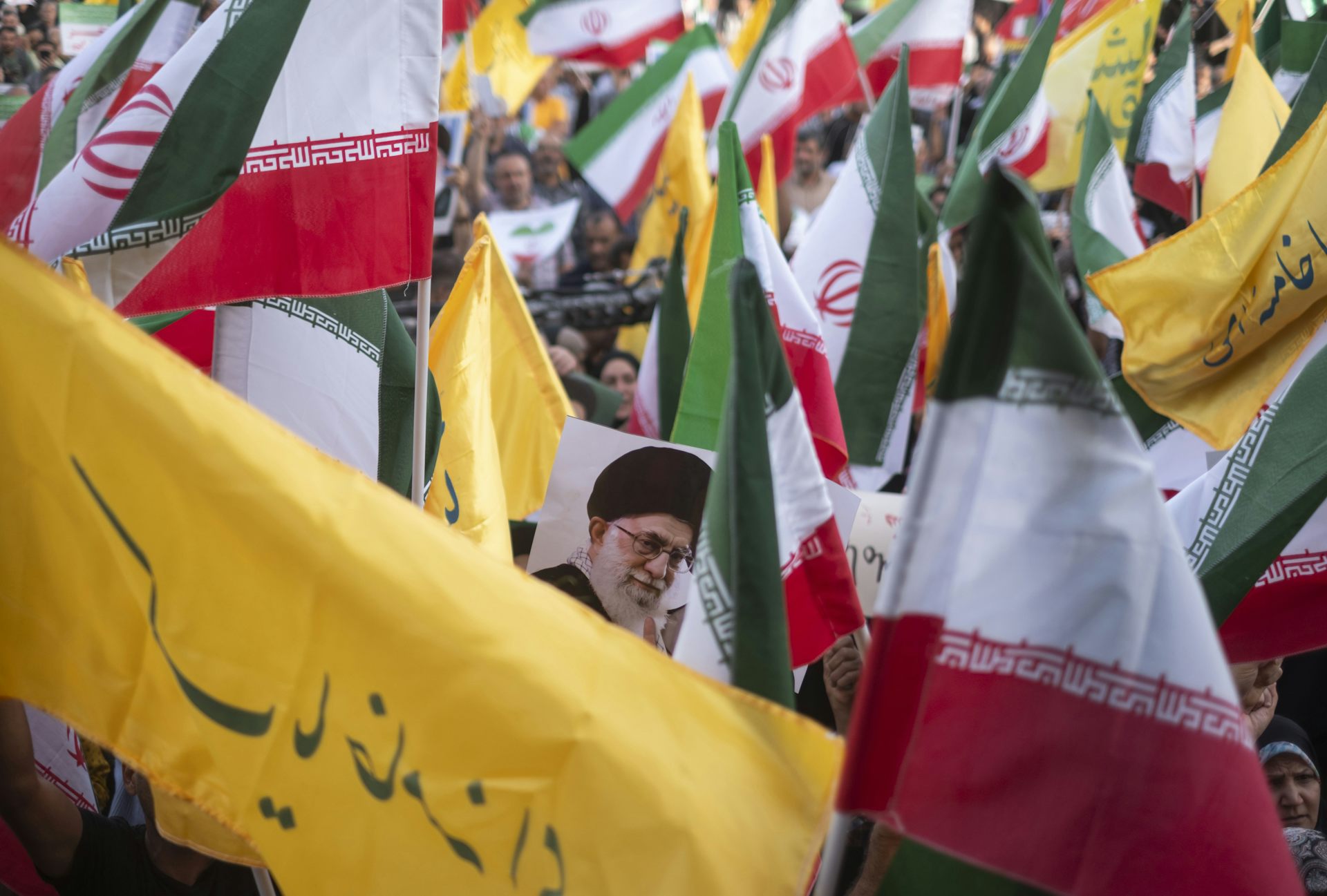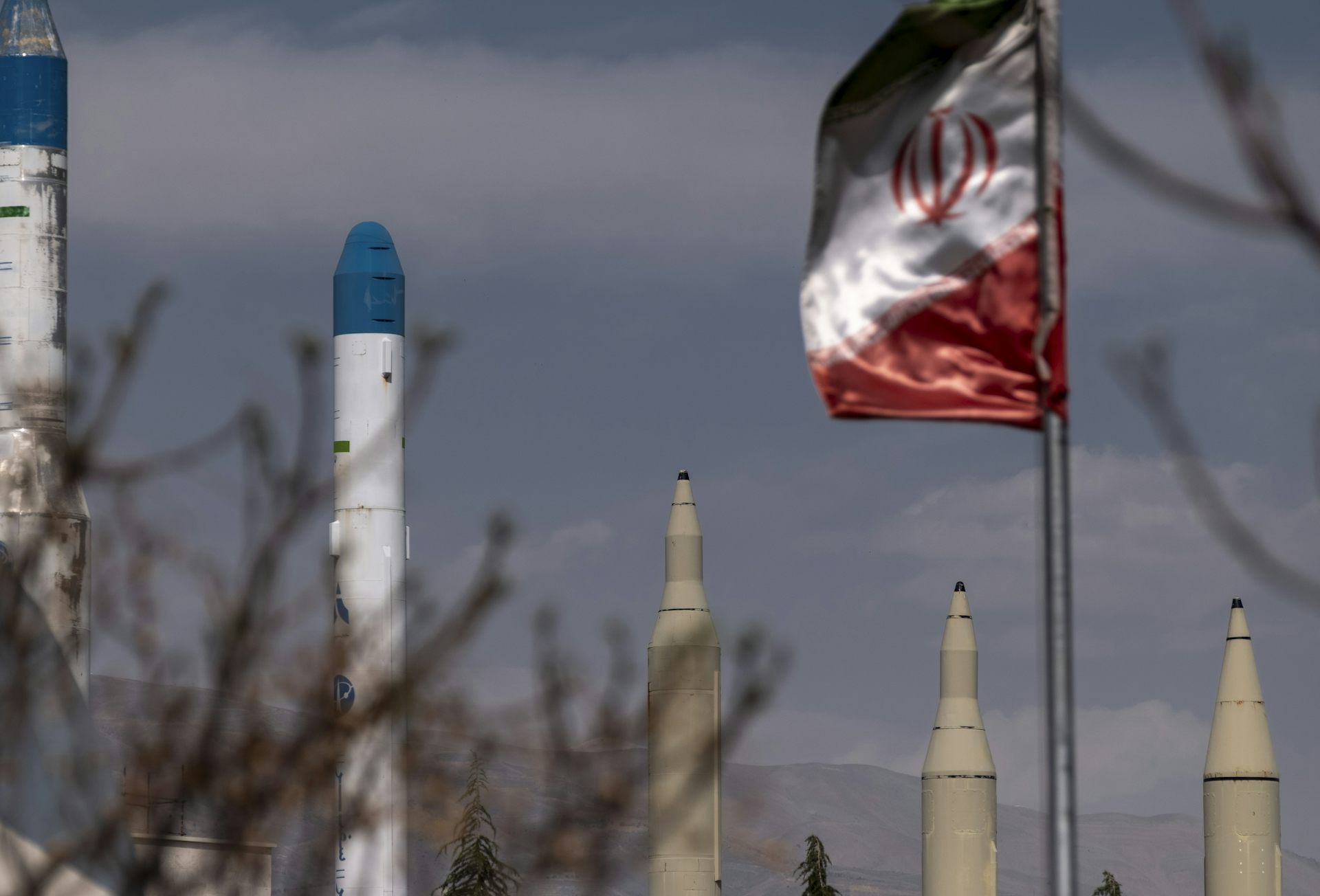So, what really is jihad?
Violent radicals are often described as jihadists. A scholar explains what the word means and why those using the word to justify terrorism are often misrepresenting their sources.

Often, many people conflate the terms jihad and terrorism. This is in part because many writers use the term “jihadist” when describing violent Muslim radicals.
To be sure, such radicals have invoked jihad to justify their heinous acts, such as the 9/11 attacks on the World Trade Center and more recent Islamic State group (also known as ISIS) operations. But these acts have been strongly condemned by numerous Muslim clerics and scholars on Islamic grounds.
And as I show in my own research, violent radicals who attempt to justify terrorism on religious grounds are often misrepresenting the scholarly sources they cite.
Jihad, according to Islamic law
The Arabic term jihad literally means a “struggle” or “striving.” This term appears in the Quran in different contexts and can include various forms of nonviolent struggles: for instance, the struggle to become a better person. This falls under the category of “jihad of the self,” an important subject in Islamic devotional works.
In the specific context of Islamic law, however, jihad generally signifies an armed struggle against outsiders.
Medieval scholars of Islamic law delineated two basic forms of armed jihad: defensive jihad, an armed struggle against invaders; and aggressive jihad, a preemptive or offensive attack commissioned by a political authority.
Not surprisingly, Muslim scholars have long debated when exactly warfare can be justified.
Much less controversial, however, is the general rule that various categories of civilians must not be targeted.
This rule of civilian immunity is so widely accepted that it is even typically recognized by violent Muslim radicals. But such radicals also invoke loopholes to get around this rule. When attempting to justify 9/11, for instance, Osama bin Laden argued, among other things, that American civilians could be targeted since, he asserted, American forces had previously targeted Muslim civilians.
To justify this loophole, bin Laden invoked the writings of medieval Muslim scholars such as al-Qurtubi. As I show in a recent book, however, al-Qurtubi actually held the exact opposite view: Civilians should never be targeted as a form of retribution.
This is but one example of why it is critical not to conflate the prevailing interpretations of jihad with Muslim terrorism.
Mohammad Hassan Khalil does not work for, consult, own shares in or receive funding from any company or organisation that would benefit from this article, and has disclosed no relevant affiliations beyond their academic appointment.
Read These Next
Sudan’s civil war: A visual guide to the brutal conflict
Since fighting broke out in April 2023, some 150,000 people have been killed in Sudan and an estimated…
Trump’s Gaza peace plan: A bit of the old, a bit of the new – and the same stumbling blocks
Hamas and the Israeli far right may pose the main challenge to the latest proposals to end the conflict…
Iran emerged weakened and vulnerable after war with Israel − and that could mean trouble for country
The Islamic Republic has a history of targeting minority ethnic groups, especially the Kurds, when it…






